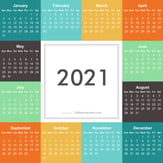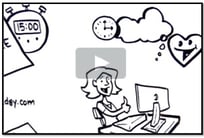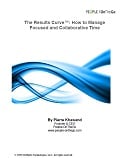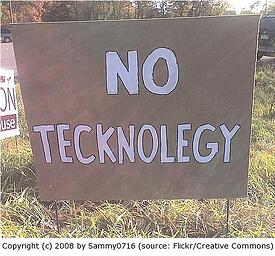Haven't heard about our summary+commentary (s+c*d) format? Learn more!
Guest blog article by Lynda McDaniel
Summary
Alison draws from a Wall Street Journal article about grammar gaffes invading the workplace. She offers some legitimate reasons for this, such as words and usage have always changed over time. (After all, we don’t sound like Shakespeare!) She takes a close look at more common gaffes in today’s business writing, such as its/it’s, who/whom, less/fewer, their/they’re/there.
The article also explores her concern that the subjective tense is missing from most business writing today. As she explains, subjunctive tense is used when posing a hypothetical. We should say, “If I were the manager,” instead of, “If I was the manager.” The articles closes with six tips from author George Orwell, including 1) Never use a long word where a short one will do and 2) If it is possible to cut a word out, always cut it out. Read the full article.
Commentary
I agree with Alison that good grammar is vital. But what concerns me more than the missing subjunctive is our growing struggle to craft cohesive thoughts. Texts and tweets have taken their toll. We need to write longer and more thoughtfully in order to engage our readers and tap into insights and creative ideas. We can learn to write faster and more effectively, and when we do, we enjoy increased results, respect, and revenues.
Discussion
How is your writing changing? When are texts or short e-mails the perfect response? When do you need to spend more time developing your thoughts? Neuroscientists have proven that we have all kinds of great ideas just waiting for us to tap into them, and writing can help us discover them. Do you spend time exploring your thoughts and creativity?









